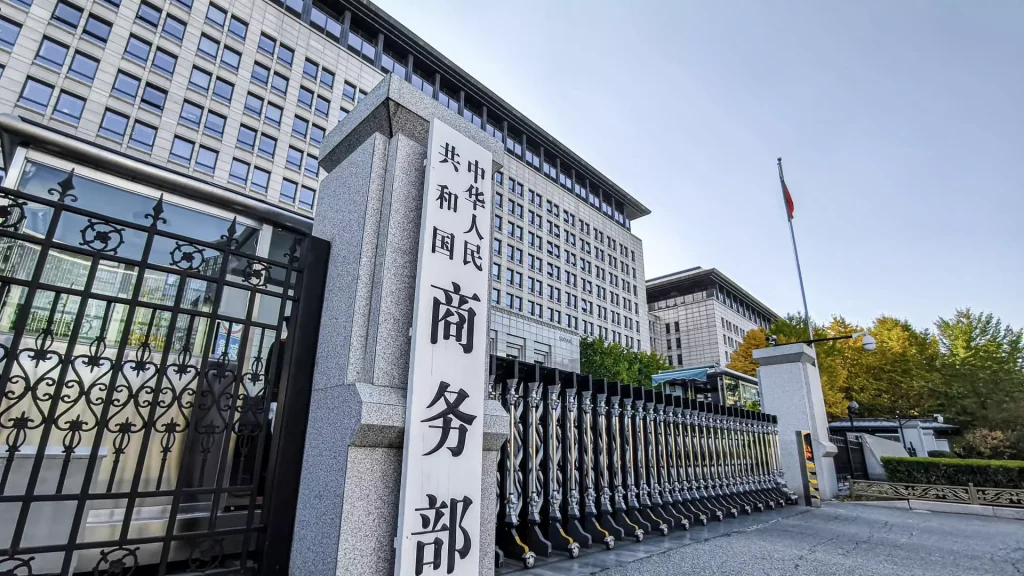The recent escalation in U.S.-China tensions, marked by a staggering 34% tariff on Chinese goods, raises serious concerns about future global relations. President Trump’s administration has compounded previous tariffs, totaling 54%, creating a direct threat to fair trade, global cooperation, and diplomacy. This situation highlights a disturbing trend of unilateralism, which undermines international trade standards and leaves the world questioning America’s commitment to global partnerships.

China’s Ministry of Commerce condemned the tariffs as “unilateral bullying,” a sentiment shared by other nations affected by similar measures. The rhetoric of ‘reciprocal tariffs’ imposed by the U.S. exposes an arrogance that undermines global economic stability, inciting resentment among international partners. Countries like Canada and South Korea have voiced strong dissatisfaction, with Canadian Prime Minister Mark Carney vowing to counter these tariffs “with purpose and with force,” potentially creating a coalition against U.S. economic aggression.
The question remains: what drives such drastic changes in U.S. trade policy? While these measures may be framed as protecting American industries, they risk damaging crucial international relationships and could harm the U.S. economy. Australian Prime Minister Anthony Albanese labeled the tariffs as “not an act of a friend,” highlighting the alienation felt by traditional U.S. allies.

Punitive tariffs often stem from deeper domestic issues like job stagnation and economic inequality, failing to address the root causes. This could lead to a trade war with global repercussions. In this tense environment, it’s crucial for governments to prioritize dialogue over unilateral action. Multilateral trade agreements, based on respect, cooperation, and mutual benefit, are essential for securing a more prosperous future for all nations.

